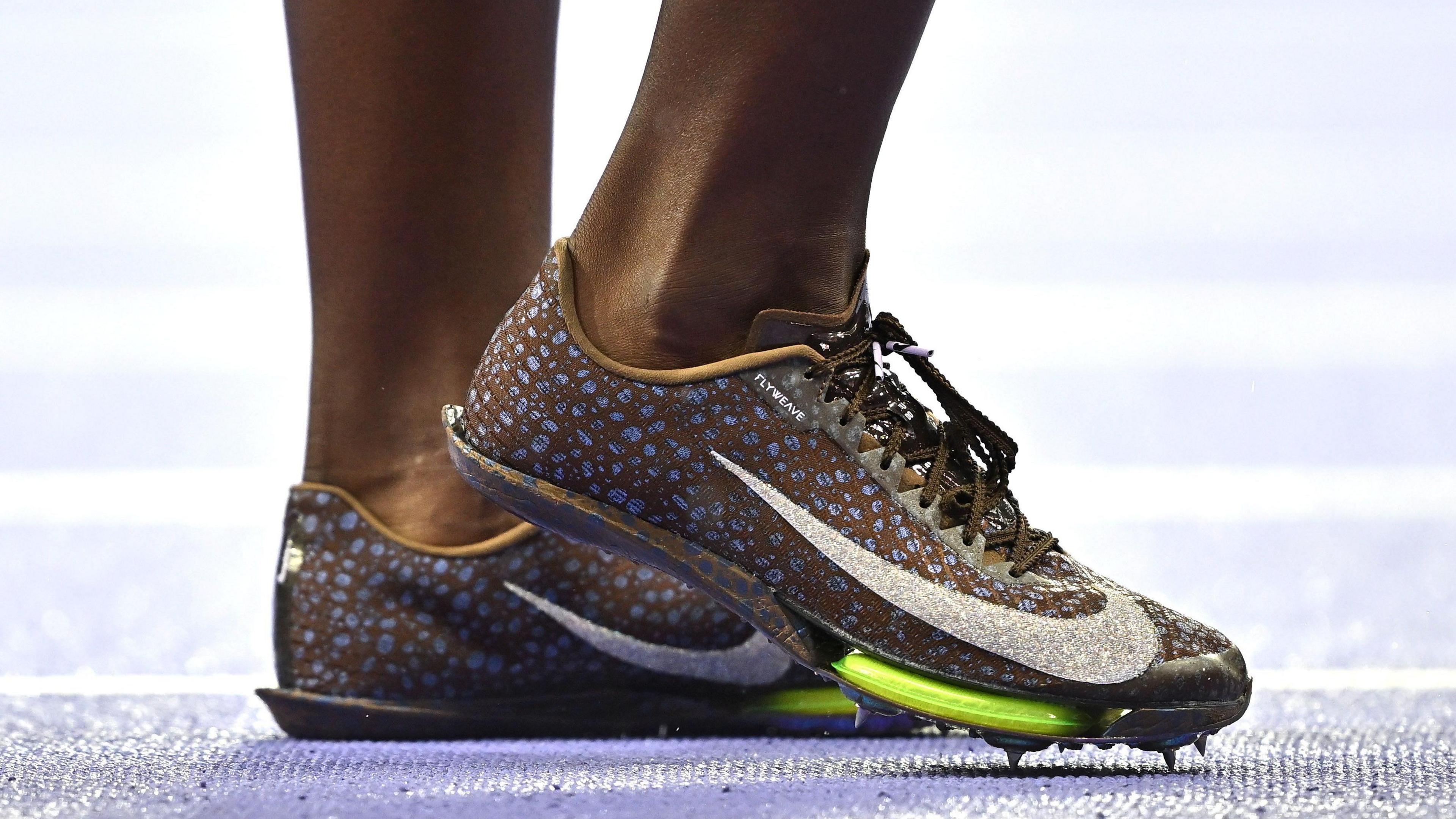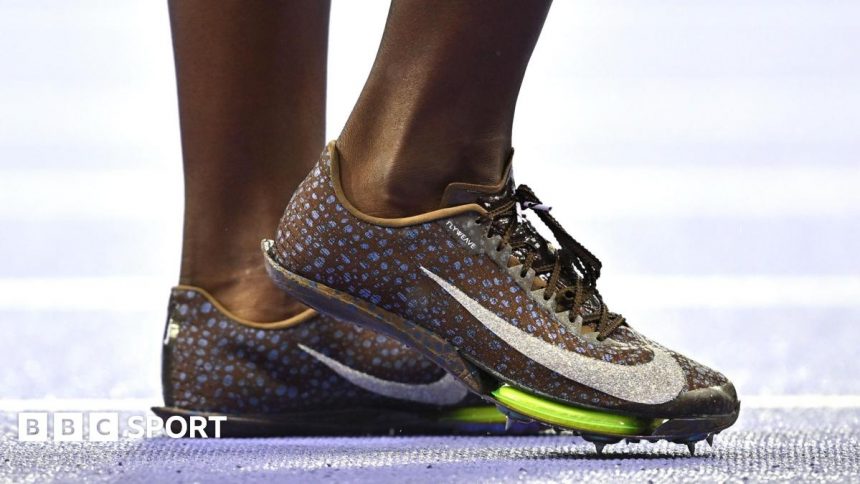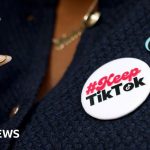World Athletics offers 25 athletes online abuse support

The study included the 2024 Olympic Games in Paris
-
Published
World Athletics has offered 25 athletes year-round protection on some of their social media platforms, using artificial intelligence, after they were identified as highly targeted individuals for abuse during major events.
The governing body has run a study over the past four years, comprising of two Olympic Games and two World Championships, to analyse online abuse to its athletes.
More than 1.4 million posts or comments were analysed, covering 2,438 track, field and road athletes.
The study included comments and targeted abuse – where the athletes were tagged – but excluded direct messaging or non-targeted abuse.
World Athletics has not identified the 25 athletes and said the support would be expanded next year.
“We have invested significant resources into conducting research into online abuse and one of our significant successes from this initiative has been our ability to offer athletes support and providing them with the tools to proactively protect themselves against online abuse,” said World Athletics president Lord Coe.
“Athlete welfare is at the very top of our priority list, and we will continue to put measures in place to ensure that athletes can confidently and safely engage with social media platforms.”
In numbers: What the study found
-
1.4 million posts or comments analysed
-
1,258 posts and comments reported through to the relevant platform
-
254 accounts verified to have sent abusive or threatening content have been escalated to the relevant platforms
-
Two serious cases have been highlighted to authorities after the accounts had been identified and evidence gathered
-
Tokyo 2020 Olympics: 63% of abuse was targeted at two athletes (both female), with 29% of abuse sexist and 26% racist
-
Oregon 2022 World Championships: 59% of abuse targeted at female athletes, with 36% of abuse sexual or sexist and 19% racist
-
Budapest 2023 World Championships: 35% of abuse racist (12x increase on 2022), with X accounting for more than 90% of detected abuse
-
Paris 2024 Olympics: Two athletes accounted for 82% of all abuse – 18% of all verified abuse racist, 13% sexual in nature and 17% sexist
The study concluded that the use of emojis in online abuse has increased significantly.
It said: “The data indicates that the ‘weaponisation of emojis’ has continued to increase, as emojis are often used to circumvent platform guidelines, being deployed with not immediately obvious abusive context.”
The study also found that fewer athletes post during competition, making the account appear static, and those that do post often celebrate success, and many employ some form of comment management.
In their analysis of the 2023 World Championships in Budapest, the study found that abuse, unlike in previous events, was driven by “events outside the stadium and based on athletes’ wider reputation”.
Three of the top five abused athletes from those championships also featured in the top five most targeted athletes at the Paris Olympics this summer.
World Athletics have created educational materials to distribute to athletes to provide more information on how to better protect themselves and their accounts online.
More are currently in development and World Athletics said it will continue “exploring the depth and type of future protection for athletes”, and there will be “a consultation with athletes to ensure the most effective deployment of services”.
Related topics
-
-
Published2 days ago
-





